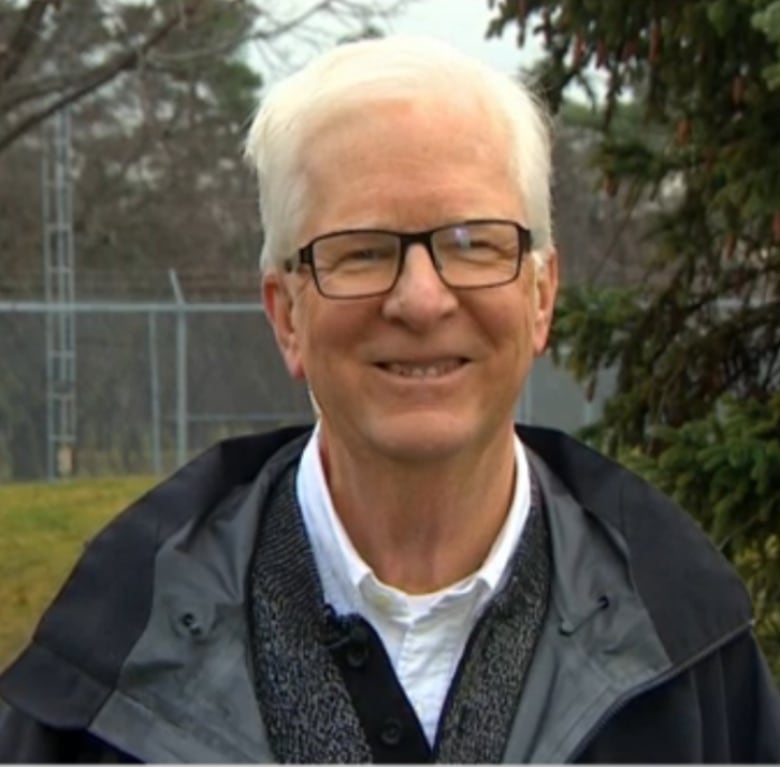Warmer than average summer ahead across Canada, forecasters say
Canadians may think they're owed good weather, and this weekend most will collect
The weather for the Victoria Day long weekend, Canada's traditional kickoff to summer, should be a perfect 10 for most Canadians.
And, looking ahead through August, nearly all of Canada will see above-normal average temperatures.
That's the word from Environment Canada senior climatologist David Phillips.
Let's start with where the weekend forecast is lousy, and where that's likely good news in some regions.
It should be raining in B.C. and Alberta this weekend, and maybe in Saskatchewan and Manitoba on Monday. But the dry and fire-ravaged Fort McMurray area probably won't get much rain, if any. Temperatures should be below normal in most of Alberta, Phillips says.
He adds that rain "is something the doctor ordered" for Western Canada, which has been getting below normal precipitation for months. Phillips says "this rain may be their salvation."
- A song of Ice and Fire? Snowfall warnings issued during fires
- Forecaster sees extreme fire season ahead
For Ontario and Quebec "it's going to be absolutely a perfect 10 kind of a weekend," he says.
Weekend weather in the Atlantic provinces should start well but then give way to rain.
May two-four weather lore
Do you believe in the May-two-four weather lore about how the Victoria Day weekend goes, so goes the rest of the summer? Phillips will tell you not to believe it, even though the lore may portend what's ahead for much of Canada this year.

He says, "There's really no scientific connection at all, except this notion of persistence, what you see is what you'll get."
Phillips does concede that persistence gives the lore a shred of correlation, a result of established weather patterns staying in place for a little while.
The May-two-four lore stands out from other weather proverbs, both because it is modern and it's about the warm season, while the cold season dominates the conversation in Canada, Phillips says.
Owed good weather?
He also says that for meteorologists, this is "the most important weekend of the year to get the weather right," because nearly everyone has something to do outdoors. It's also a weekend when Canadians feel as though they are owed good weather, after what they've been through, he says.
And this year Canadians may have forgotten that they have just had one of the balmiest winters ever.
In southern Ontario, April was the coldest month in 11 months. Toronto had more snow in April than any of the winter months, and that's never occurred before, Phillips says.
But southern Ontario is bucking the global trend. The U.S. National Oceanic and Atmospheric Administration says that globally, last month was the hottest April on record and exceeded the old record by the largest margin ever recorded.
The planet has recorded its hottest temperature each month for 12 months in a row, NOAA reports.
Gavin Schmidt, the director of NASA's Goddard Institute for Space Studies, says he expects that globally, 2016 will be the hottest year ever recorded.
Since 2000, 38 monthly records have been broken but the last time a global cold record was broken was 100 years ago, Phillips says.
This animation from Climate Lab Book uses U.K. Met Office data to show how average global temperatures are spiraling warmer.
Spiralling global temperatures from 1850-2016 (full animation) <a href="https://t.co/YETC5HkmTr">https://t.co/YETC5HkmTr</a> <a href="https://t.co/Ypci717AHq">pic.twitter.com/Ypci717AHq</a>
—@ed_hawkinsAbove-normal summer temperatures
Besides climate change, a strong El Nino in the Pacific has also been a factor, but it is fading and the odds are that a La Nina, with its cooler ocean temperatures, will follow.
If a La Nina does develop, Phillips said it won't have an impact on summer weather in Canada but it could increase the frequency and strength of North Atlantic hurricanes in the fall.
This animation of a cross-section of the Pacific Ocean at the equator shows where temperatures in the top 300 metres were warmer (red) or cooler (blue) than average, from March 14 to May 3 (upper left). The warm water at the surface of the current El Nino dissipates and on May 3, the cooler water breaches the surface of the eastern Pacific off South America.
La Niña coming? A deep pool of cool water is making its way across tropical Pacific. More at <a href="https://t.co/s6ZFr4mTXZ">https://t.co/s6ZFr4mTXZ</a> <a href="https://t.co/FhrMXL0rlg">pic.twitter.com/FhrMXL0rlg</a>
—@NOAASatellitesEnvironment Canada updates its three-month outlook twice a day. Phillips says the forecast has been stable for quite a while but their official summer forecast won't be released until June 1. It covers June, July and August.
At the moment, it looks like nearly all of Canada will have above normal temperatures, except the area around northern Hudson Bay and east of Baffin Island may have slightly cooler than normal temperatures.

By the way, the U.S. summer forecast has nearly all regions with above-normal temperatures, except for uncertainty about the area from South Dakota to Oklahoma.
Last year the region from Windsor to Quebec City was the only one of Environment Canada's 11 regions that had cooler than normal temperatures. What they call the Lower Great Lakes St. Lawrence region was 0.2 degrees cooler than normal.
The previous year was also a tick cooler than normal and 2013, while normal, was one of the wettest, Phillips says, leading him to acknowledge the heavily populated region deserves good summer weather in 2016.

